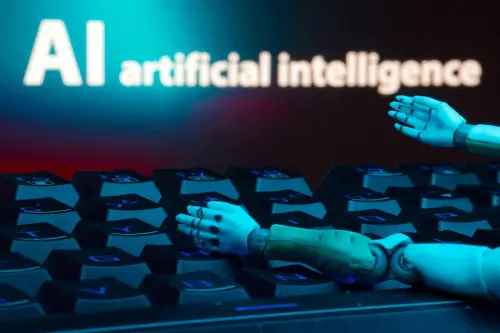Several of China's leading universities have revealed plans to increase their undergraduate enrollment to prioritize "national strategic needs" and cultivate talent in fields like artificial intelligence (AI).
These announcements follow the launch of AI courses in Chinese universities in February, based on the AI startup DeepSeek, which has gained significant attention for developing AI models comparable to those in the United States at a fraction of the cost, heralded as a "Sputnik moment" for China.
DeepSeek's achievements, primarily led by researchers from prestigious domestic universities, underscore Beijing's investment in cultivating a robust STEM talent pool and capitalizing on recent U.S. restrictions on Chinese student visas to advance in the field of AI.
Peking University has disclosed intentions to introduce 150 additional undergraduate positions by 2025, focusing on areas of "national strategic importance," core disciplines, and "emerging frontier fields," particularly in information science and technology, engineering, and clinical medicine.
Similarly, Renmin University has announced plans to expand by over 100 positions in areas like AI to foster innovation, aligning with China's vision to become an "education powerhouse" and emphasize talent cultivation in the digital age.
Shanghai Jiao Tong University is set to increase its intake by 150 spots, concentrating on "cutting-edge technologies" and critical industries such as AI, integrated circuits, biomedicine, healthcare, and new energy.
China's recent national directive aims to establish a "strong education nation" by 2035, coordinating educational advancements, enhancing innovation capabilities, and fortifying the nation's overall strength. Additionally, educational authorities have indicated plans to introduce AI education in elementary and secondary schools to foster creativity, scientific curiosity, and digital literacy among students.
